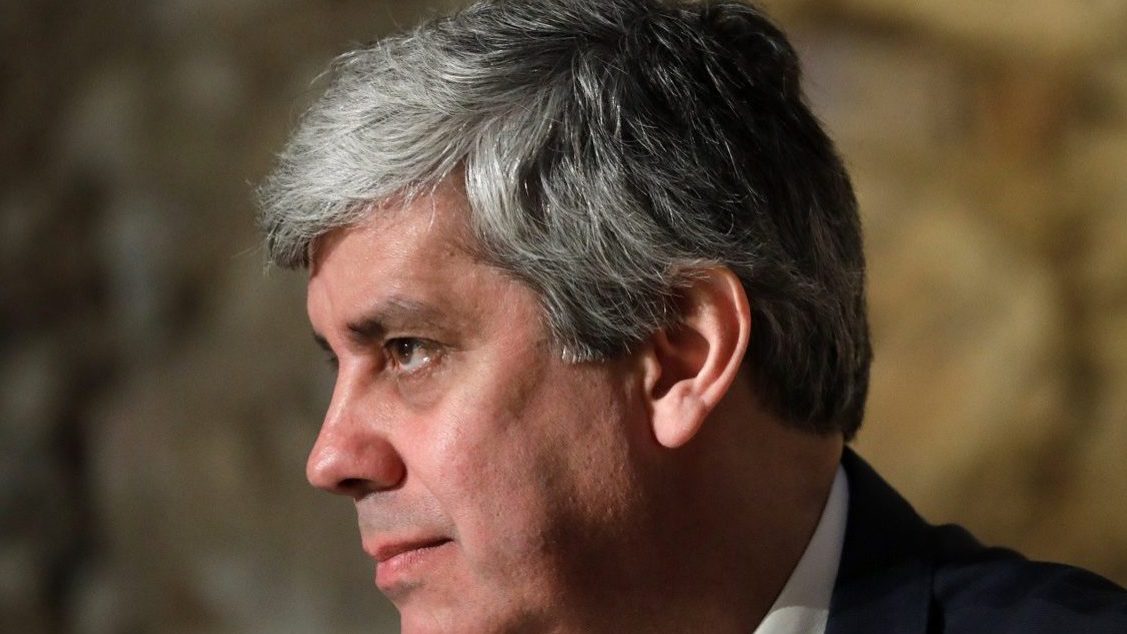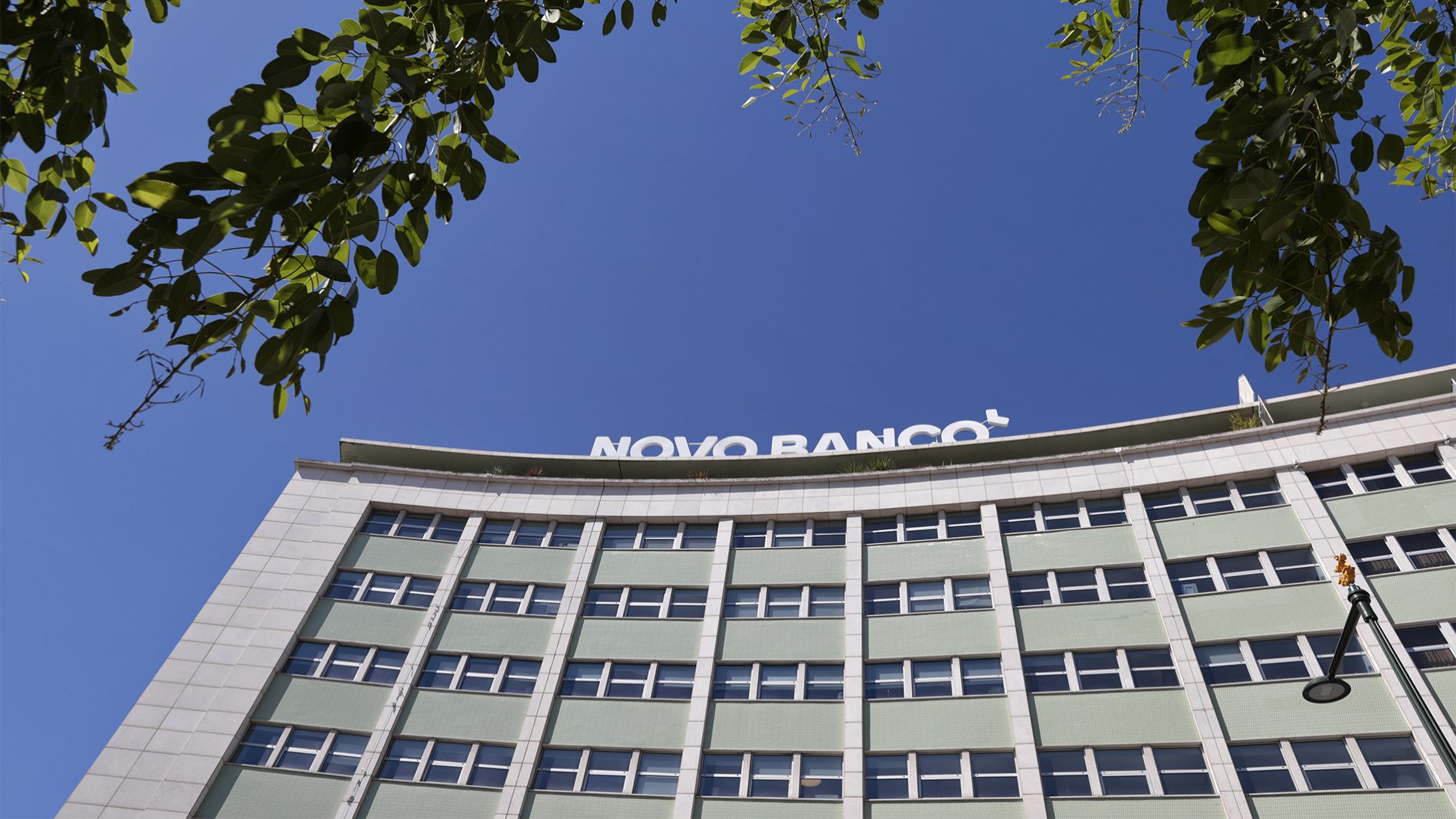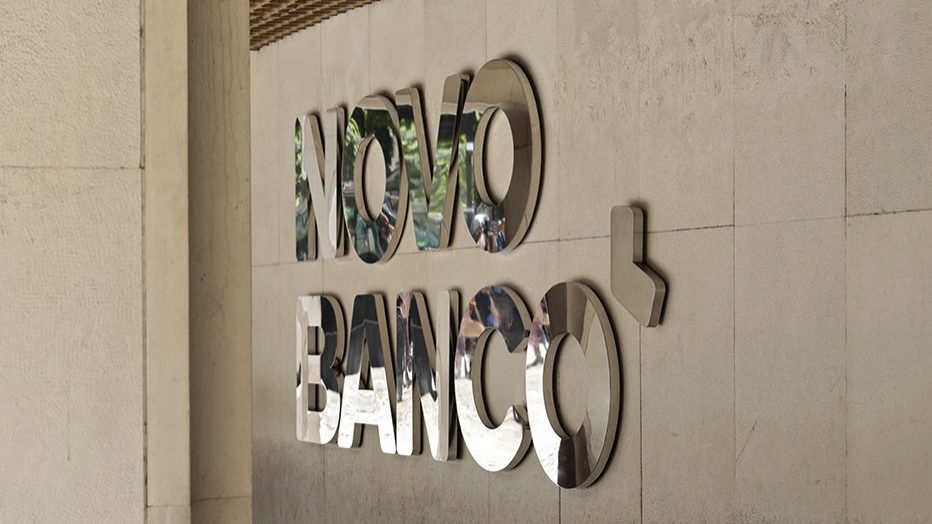Novo Banco regrets being used in political-media manoeuvres
Management led by António Ramalho responds to the controversy. He does not accept that Novo Banco should be used as a political weapon and in political-media manoeuvres"
The Board of Directors of Portugal’s Novo Banco on Thursday said it regretted “deeply” that the institution continues to be used as a weapon of political and/or political-media manoeuvres, after the issues raised in Wednesday’s fortnightly debate.
In a statement, Novo Banco said it is one of the most scrutinised banking bodies, both in Portugal and Europe, as a result of its creation from the ashes of BES, and the Executive President himself has come to parliament on several occasions to provide all the clarifications requested of him.
“If despite everything, doubts remain about the creation and how the Novo Banco is managed, as emerged once again from yesterday [Wednesday] afternoon’s parliamentary debate, you must seek, through all the initiatives, and we stress all the initiatives that are within your remit, to find out everything you want,” he said.
Novo Banco reiterated that it was willing to clarify everything, but could not continue to watch constant manoeuvres that only harm its activity, disrupt the recovery effort harshly carried out by thousands of employees of the bank, who daily serve hundreds of thousands of customers and forget the importance of Novo Banco for the country’s economy, which has become clear, especially at this time of greatest difficulty for Portuguese companies and families.
Prime Minister António Costa said on Wednesday that if the audit of the Novo Banco reveals management failures that unfairly injected capital, the Resolution Fund has all the legitimacy to recover the money.
The Left Bloc (BE) coordinator, Catarina Martins, started the fortnightly debate with the Novo Banco question because she considers it necessary to know what has changed so that an audit that used to be called indispensable, is no longer needed, asking Costa when the audit will be published.
In response, Costa began by distinguishing “the different state actors”.
“If the state refers to the Resolution Fund, which is the one that has made the capital injections into Novo Banco, I do not doubt that, if the audit comes to say that the bank has committed management flaws that unjustified the injections that were made, the Resolution Fund has all the legitimacy to act towards the recovery of the money that it has disbursed, and that it did not have to disburse,” he said.
Costa went further and even said he was “suspicious” that, as the Resolution Fund is financed by the other banks, competitors of Novo Banco, that these are not exactly available to finance the mismanagement of the bank.
As far as the government is concerned, its role, according to Costa, is not to inject money into Novo Banco, but to lend money to the Resolution Fund.
“If then the money that the Resolution Fund injected into Novo Banco has been badly injected and this is verified in the audit, surely the Resolution Fund will have to draw the necessary conclusions,” he pointed out.
This refers to a new transfer from the state to the Resolution Fund of 850 million euros for the recapitalisation of the Novo Banco, which was known last week.


